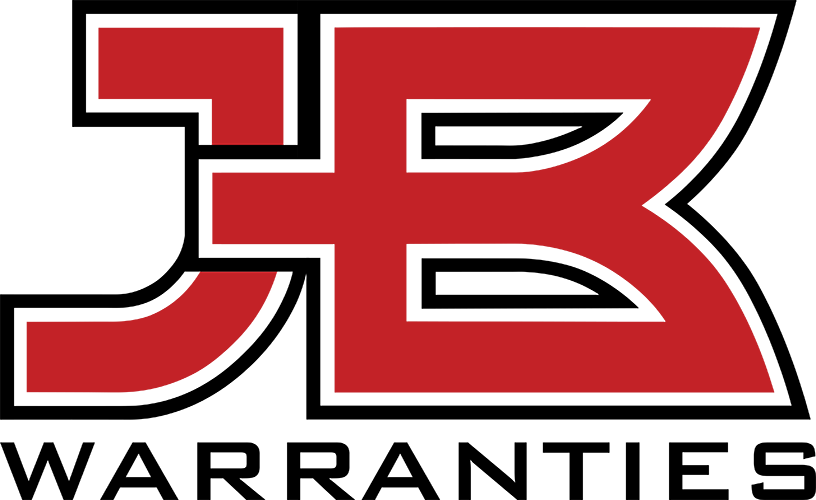
New year, new opportunities to grow your business — and it all starts with accurate estimates. Whether you’re tackling HVAC repairs or major plumbing installations, creating detailed HVAC and plumbing project estimates is crucial. These estimates help your clients make informed decisions while giving you a clear image of job profitability before you commit time and money.
From calculating material pricing to factoring in labor costs and overhead, this guide is your go-to resource for mastering HVAC and plumbing project estimates. Keep reading to price smarter and win more bids all through 2025.
What Should HVAC and Plumbing Project Estimates Include?
Before we dive into creating HVAC and plumbing project estimates, let’s break down what an accurate estimate should include. A detailed estimate is essentially a rundown of the anticipated project cost, from start to finish. Key components range from the expected material costs and labor costs to any extra costs like extended warranties, ensuring nothing gets overlooked.
The goal of an estimate is to outline all expenses as they’re likely to arise within the project scope. This level of detail not only helps set upfront expectations with your clients — whether they’re project managers or homeowners — but also gives you a solid foundation for efficiently managing the job. A transparent estimate builds trust, showing clients you’ve considered everything.
How to Craft HVAC and Plumbing Project Estimates
The estimating process might be detailed, but it doesn’t have to be difficult. Follow these eight steps to ensure accurate pricing and establish effective HVAC and plumbing project estimates in 2025 and beyond.
1. Review the Project Details
HVAC and plumbing project estimates can apply to several jobs, like bid requests for an upcoming construction project or direct inquiries from project managers and homeowners. Before beginning the estimate, you’ll need to review the exact project details. Will it be several complex projects in commercial buildings or industrial buildings, or simpler installations in residential homes?
At this step, you’ll need to perform a quantity takeoff to determine the materials necessary for the job. For instance, a common plumbing residential project like replacing antiquated systems with spiral wound lining (SWL) may require new HDPE or PVC piping. An accurate HVAC takeoff for commercial HVAC installation will require the exact number of air conditioning units.
2. Determine the Material Costs
Next, you’ll need to determine the material costs for the project. First, add up the products noted in your material takeoff — like 20 square feet of sheet metal or one heat pump — to get an estimate. However, make sure that your material pricing is up to date, so you don’t underestimate the upfront investment.
It’s helpful to maintain an accurate cost database with your supplier or distributor to streamline this process. If you don’t have an ongoing database, compare a previous bid price to the actual retail price to ensure you’re not lowballing the actual costs. With prices on the rise, err on the side of caution.
3. Consider the Labor Costs
Once you’ve calculated the material costs, consider the required labor costs. If you or one of your employees does the labor, you’ll need to cover trucks, gas, liability insurance, and any necessary tools. If you’re hiring a subcontractor, you’ll need to account for their preferred pricing model.
Likewise, this is the time to ask yourself if you can complete the entire installation process alone, or if you will need specialty contractors to complete the job, like finishing duct insulation. This is also the moment to consider the time frame: is this a two-hour job, a two-day job, or a two-week job? Be realistic about the amount of labor necessary to complete the project on time.
4. Add the Cost of a Warranty
With material cost estimates and labor hours out of the way, you can consider a warranty. Will you add an extended warranty for new system installation or offer a service contract? If so, will the warranty or contract cover parts, labor, labor with an allowance for parts, or all of the above? JB Warranties offers several extended warranty plans to match your needs.
5. Calculate Your Overhead Costs
Now that you’ve calculated the project-specific costs, you can move along to indirect costs — more specifically, your overhead costs. These are the ongoing expenses for operating your business, such as payroll for office staff, equipment costs, and technology like accounting software or field service management software. Your monthly bills can help gauge an accurate price.
Factoring in these overhead expenses is crucial to ensuring your HVAC and plumbing project estimates maintain healthy profit margins. These additional costs may not appear directly in the project but do directly impact your bottom line, so ignoring them can mean losing money instead of making it.
6. Establish Payment Terms
HVAC and plumbing project estimates aren’t just about expenses, they’re about locking in payment security. That’s why it’s important to establish payment terms once you settle on the actual cost. For example, if the project requires purchasing multiple units before installation, you may want to request 50% payment upfront and 50% upon completion to protect your cash flow.
7. Finalize and Deliver Your Estimate
You’re ready to finalize and deliver a reliable estimate. At this point, you should’ve added up precise cost estimates for material, labor, and overhead costs, and established payment terms for the job. When delivering your estimate, use a tool like Google Docs or Microsoft Word to outline each line item, and then add on your company branding for the perfect finishing touch.
8. Follow-Up in a Timely Manner
After delivering your initial estimate, timely follow-up is key to securing the job. Don’t let HVAC and plumbing project estimates go unanswered for too long — reach out within three to five days to check if the client has questions or needs adjustments. Prompt follow-up shows professionalism, keeps your business top of mind, and increases your chances of winning the project.
Succeed with HVAC and Plumbing Project Estimates in 2025
Effective HVAC and plumbing estimates are the foundation of business growth. Fortunately, you don’t need to craft these estimates alone. The JB Dealer Services Marketplace has all the tools you need to simplify accurate plumbing estimates and timely HVAC estimates. As a ServiceTitan partner, you can access everything required to craft project estimates, even on the go, all through our Marketplace.
Need to add an extended warranty to your HVAC and plumbing project estimates? JB Warranties has you covered there, too. Contact us with any questions or to schedule a meeting with a JB Warranties Representative today.
Brian Bohannan
Vice President of Sales at JB Warranties







